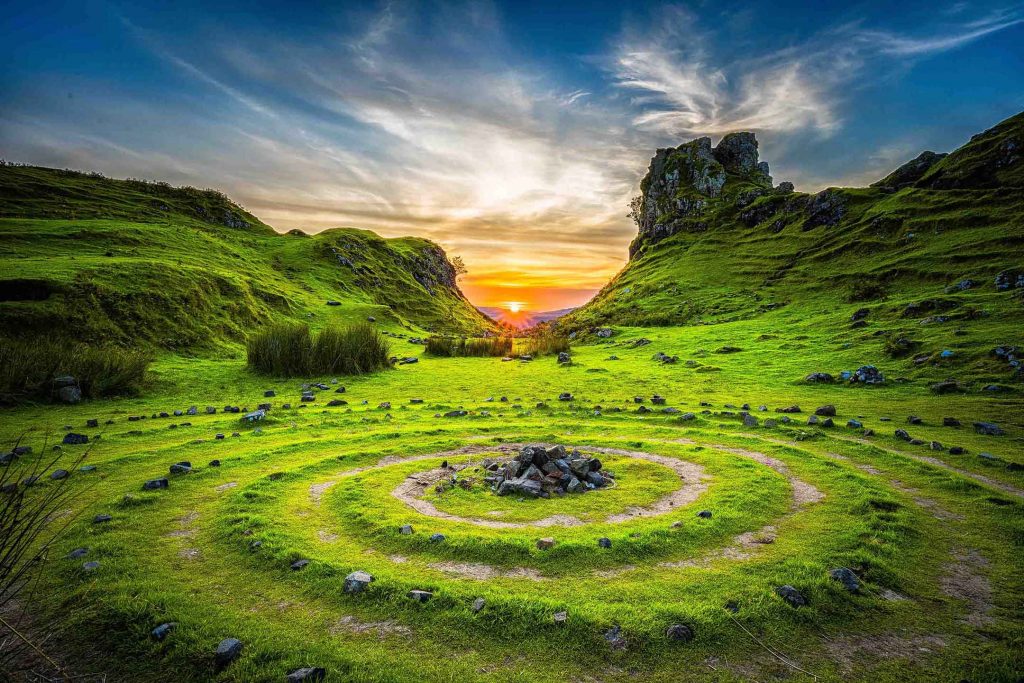The EPA’s Sasha George set the stage for an environmental justice panel at BC Law November 9 when she observed that there is a legacy in this country of “wanting to preserve the environment under the belief that the white race is the most equipped to do so.”
George, who was joined on the panel by Juanita Gibson, the Charlotte E. Ray Legal Fellow at the Conservation Law Foundation, and David Strouss from Thornton Law Firm, elaborated on the prominent white savior complex and racism prevalent in the American environmental movement.
Environmental law intersects with everything you can think of, Gibson said. One way that communities are marginalized in the environmental conversation is through lack of language access.
Title VI prohibits discrimination based on national origin, but if during comment periods information is not provided in languages other than English, many communities are locked out of the process. While on its face, English isolation is not often connected to environmental justice, it is a huge problem, she said, citing the example of her hometown, Detroit. Certain areas of the city were receiving materials about safe drinking water that they could not understand.
Another issue is undocumented people who, fearful of deportation, do not report or seek information related to environmental issues.
Strauss described a case he tried in Ventura, California, on behalf of a farm worker who worked in the fields picking strawberries while pregnant. Her child was born with major birth defects likely due to the unsafe work conditions at the farm, including pesticide exposure. Despite two to three years of preparation by the legal team, it turned out that the farm workers the lawyers had worked with, knowing jurors in the area to be conservative, would not testify for fear of being deported
George brought the conversation back to the “white savior” issue when she noted that separating people from lands to which they are deeply connected is also problematic. Native peoples need to be included in decisions about the environment, and anyone working in the field needs to engage and “plug in” to the communities that are impacted.
Once we start investing in and collaborating with place-based knowledge, George said, we will be able to change the way we look at the environment and our relationship to it.
The event was sponsored by a number of BC Law student organizations: the Environmental Law Society, BLSA, NALSA, LAHANAS, HHRP, and CRG.


